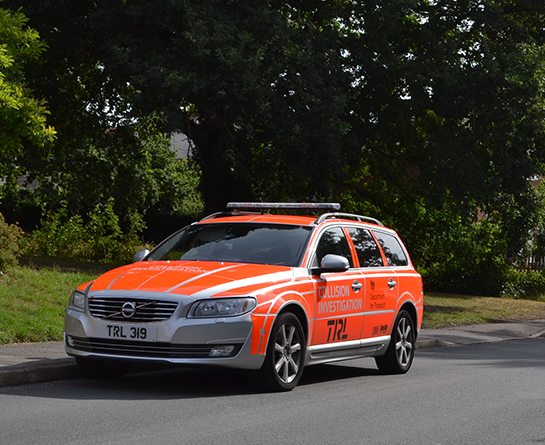Summary
We designed and now manage the RAIDS (Road Accident In-depth Study) database to collect high quality information on all aspects of road traffic collisions. Our experts quickly and accurately reconstruct collisions and analyse the data, to inform road and vehicle safety research policy and to develop standards to prevent future collisions or mitigate injuries.
The challenge
RAIDS was created in 2012 to collect new information at the scene of road collisions and to gather data from retrospective investigations of accident involved vehicles to evaluate their crashworthiness performance. The RAIDS database also holds extensive information on in-depth studies, dating back to 1998. This resource of is used to understand the causes and consequences of road traffic collisions. It provides highly detailed evidence to help identify countermeasures that have the potential to reduce the number of deaths and injuries on the UK roads.
Our approach
It is our responsibility to lead the RAIDS programme and ensure that the data is objective, reliable and relevant.
We capture and analyse data on the causes and consequences of accidents – where, when and how they happened, detailed information about the vehicle involved and the nature of any injuries.
The project relies on close collaboration with the police and hospitals. It draws on our in house expertise in fields such as human behaviour, injury biomechanics and collision avoidance technologies.
The results
RAIDS data has been used in many projects and informs the development of policy, technology and practice to improve road safety outcomes.The TRL team has unique skills and expertise in interpreting and correlating this complex information. The knowledge we create influences the development of crash avoidance technologies and supports improvements in vehicle design, road infrastructure and injury mitigation. It provides new insights into road user behaviour.

